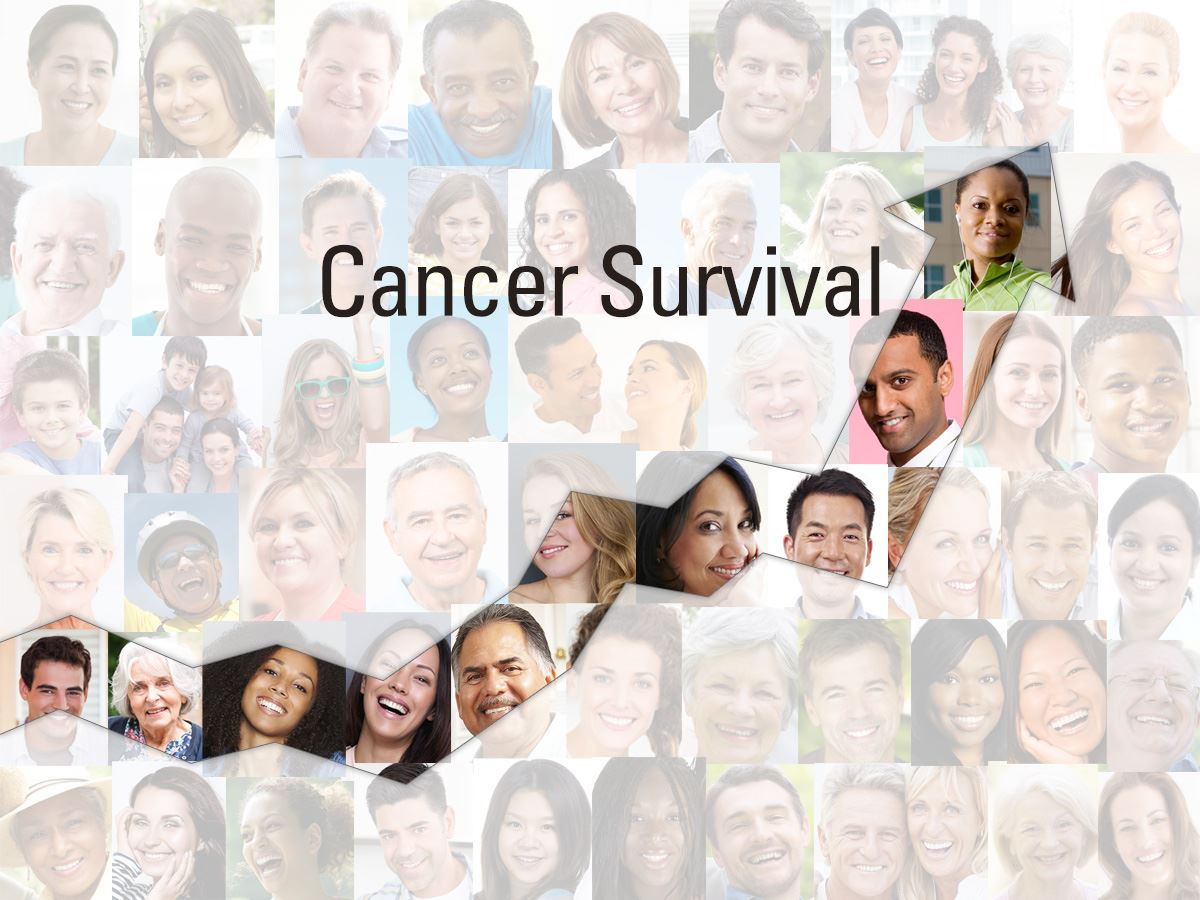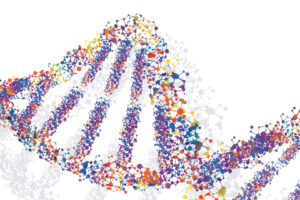Cancer is an unpredictable disease — two people diagnosed with the same type of cancer may have completely different responses to the same treatment.
That’s why cancer care continues to evolve from standardized treatment regimens to more personalized, targeted therapies. These newer treatments take advantage of our individual differences at the cellular level as well as the body’s natural ability to fight disease.
The results can be remarkable. One of my patients at CentraState Medical Center was diagnosed with advanced lung cancer in his late 40s. He was initially treated with radiation and chemotherapy but the cancer returned and was spreading to other areas of his body.
About a year ago, we found he was a good candidate for a novel medication called nivolumab (brand name Opdivo). Nivolumab is an immunotherapy treatment — it helps eliminate cancer’s ability to hide from your immune system so your body can find cancer cells and destroy them.
More than a year later, this man is now in complete remission. If he had been diagnosed with cancer even three or four years ago, he would not be with us today.
The Evolution of Cancer Care
Standard chemotherapy is still one of our most effective cancer treatments. It works by targeting and killing cells that grow and divide quickly. This approach kills cancer, but it can also harm healthy cells.
The goal of personalized, targeted therapy is to precisely destroy cancer with little impact on healthy cells. These newer drugs kill cancer by taking advantage of particular traits of specific types of cancer. Targeted therapies can be especially important for patients with advanced disease for which there are few other options.
Depending on the patient, targeted treatments may be used alone or in combination with standard treatments — chemotherapy, radiation and surgery. For each patient, the challenge of targeted therapy is to find the underlying process that’s driving his or her cancer and find ways to stop it.

Genomic medicine
Many cancers are caused by mutations in our DNA, the building block chemicals in the body that instruct cells on how to work. In the case of cancer, a mutation may cause cells to grow too quickly and harm nearby, healthy cells. By identifying these genetic mutations, researchers are developing new medications that effectively reverse the DNA instructions that cause cancer cells to misbehave.
One of the earliest examples is in the treatment of chronic myelogenous leukemia (CML), a disease in which white blood cells grow out of control. Twenty years ago, fewer than one in three CML patients survived more than 5 years. With the discovery of imatinib (brand name Gleevec), a drug that targets a specific cancer-causing molecule, more than 90 percent of patients with CML now live more than five years.
More recently, researchers have identified mutations in the epidermal growth factor receptor (EGFR), which helps cells grow and divide in a small percentage of lung cancerpatients. For these patients, a new medication called erlotinib (brand name Tarceva) has significantly improved survival. These genomic medicines are all available at CentraState Medical Center’s Statesir Cancer Center.
Immunotherapy
When you catch a cold, your immune system fights it off. You get better on your own. Yet, cancer grows in the body unchecked. The reason is cancer cells develop a sort of shield to protect themselves from the immune system. The idea of immunotherapy is to break down that shield, allowing the body to attack cancer in the same way it attacks an infectious disease.
One of our more promising new treatments are drugs known as checkpoint inhibitors. Checkpoints are proteins that keep the immune system from attacking normal cells. Some cancers also contain lots of these proteins, offering cancer cells similar protection from the immune system. Checkpoint inhibitors stop these proteins from doing their job, which allows the immune system to eliminate cancer cells.
Nivolumab (Opdivo), the drug that is helping the patient I mentioned above, is an example of a checkpoint inhibitor. (There are two others approved by the U.S. Food and Drug Administration.) These drugs are also being used successfully at CentraState for several other types of cancer including melanoma, lung, bladder and kidney cancers.
Novel therapies and screening
Other targeted therapies being used at CentraState include hormonal therapy for breast and prostate cancer, and monoclonal antibodies used in breast cancer, lymphomas and colorectal cancers. These treatments kill cancer cells by starving them of compounds they need to grow.
Hormonal therapy limits hormones that help cancer cells grow and spread — such as estrogen in certain types of breast cancer and male hormones, called androgens, in the case of prostate cancer. Monoclonal antibodies target a specific protein in cancer cells. An example is a drug called trastuzumab (brand name Herceptin), which is an antibody against the HER2 protein that helps breast cancer cells grow.
In addition to treatment, our growing knowledge of cancer genetics is helping us determine a person’s risk of developing certain types of cancer in the future. For example, the presence of inherited mutations of BRCA1 and BRCA2 genes greatly increase a woman’s chances of developing breast or ovarian cancer. This knowledge can ensure that a woman is closely followed over time with cancer screenings.
While the ultimate dream of cancer research is to find ways to prevent cancer, right now screening is one of our best tools. Screening for breast (mammograms), cervical (pap smears), colon (colonoscopy) and lung cancers (CT scans for long-time smokers) can help detect cancer early, when it is most treatable — regardless of which treatment is necessary.
Local Cancer Care
The Statesir Cancer Center at CentraState delivers comprehensive treatment and support services to help patients and families, including access to ongoing clinical trials, where appropriate. The center also offers cancer genetic counseling — board-certified genetic counselors provide hereditary cancer risk assessments for patients and discuss any medical management/surveillance recommendations.
 Bhavesh Balar, MD is a board-certified hematologist and oncologist on staff at CentraState Medical Center, where he serves as chairman of the hospital’s Cancer Committee. He is also a board member at Regional Cancer Care Associates in New Jersey. His office can be reached at 866-CENTRA7.
Bhavesh Balar, MD is a board-certified hematologist and oncologist on staff at CentraState Medical Center, where he serves as chairman of the hospital’s Cancer Committee. He is also a board member at Regional Cancer Care Associates in New Jersey. His office can be reached at 866-CENTRA7.





